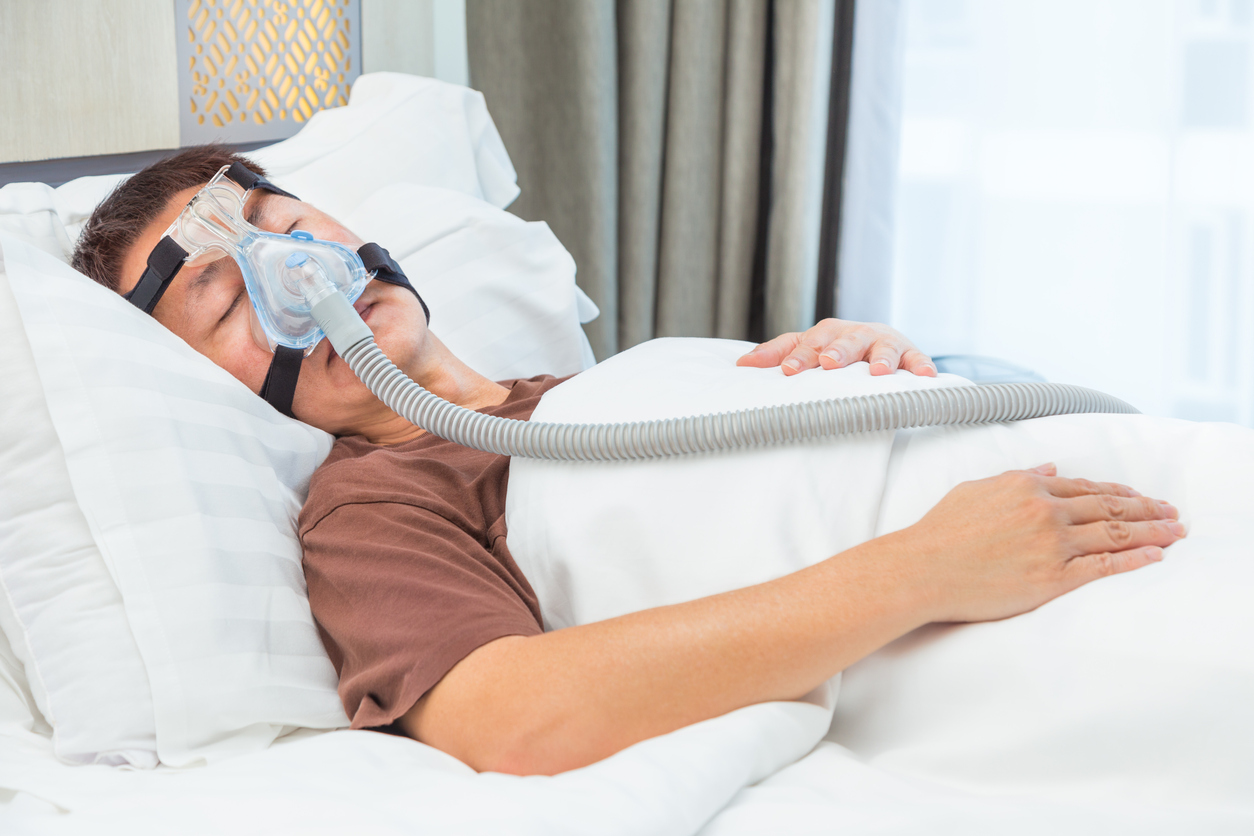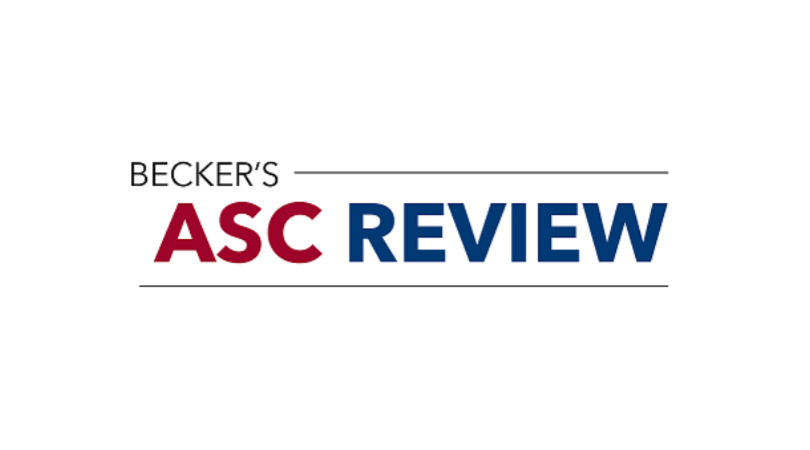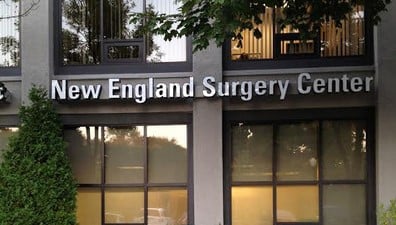Last week we discussed how to screen patients for undiagnosed sleep apnea. This week, let's continue the discussion by delving into practical considerations for sleep apnea management. There are many factors to consider, but we want to focus on what’s practical and within the surgery center’s scope. We want to focus on easy-to-implement, cost-effective, efficient ways to best help these patients.
Want to stay in the know on the latest ASC tips and topics?
Recent Posts
Looking for Something?
Categories
- ASC (82)
- ambulatory surgery center (82)
- video (36)
- nurse guide (29)
- patient communication (27)
- patient satisfaction (27)
- covid19 (26)
- surgical facility (25)
- business and finance (22)
- technology (22)
- patient engagement (19)
- ambulatory software (18)
- pre-admissions (16)
- Case Study (14)
- ambulatory surgery center software (11)
- outpatient surgery (11)
- culture of safety (10)
- complex cases (8)
- or volume (8)
- administrator (7)
- employee satisfaction (7)
- infection control (7)
- outpatient surgery software (7)
- risk management (7)
- solutions (7)
- cardiac (6)
- disinfect (6)
- patient tracking (6)
- postop (6)
- total joint (6)
- document management (5)
- implementation (5)
- patient survey (5)
- surgery scheduling (5)
- ASC Everyday Heroes (4)
- hiring (4)
- job security (4)
- payment plan (4)
- preop (4)
- scheduling (4)
- security (4)
- surgery center (4)
- women in healthcare (4)
- ASC booking (3)
- CMS (3)
- CMS requirements (3)
- Derek's Corner (3)
- best practices (3)
- data integration (3)
- everyday heroes (3)
- outpatient surgery center (3)
- patient registration (3)
- preop nurse (3)
- revenue (3)
- senior patients (3)
- specialty procedures (3)
- texting (3)
- vendor management (3)
- ASC quality reporting (2)
- Accreditation (2)
- GI (2)
- ambulatory surgery center surveys (2)
- burnout (2)
- cancellations (2)
- clinical (2)
- cost (2)
- digital chart storage (2)
- healthcare consumerism (2)
- hygiene (2)
- new hire (2)
- patient charts (2)
- patient risk (2)
- payments (2)
- screening (2)
- sleep study (2)
- time management (2)
- 2021 (1)
- 4 tips (1)
- Accredited (1)
- Billing (1)
- ERAS (1)
- One Mnet Health (1)
- SaaS (1)
- capnography (1)
- certfication (1)
- colonoscopy (1)
- conscious sedation (1)
- corona virus (1)
- customer spotlight (1)
- diagnosis (1)
- elderly patients (1)
- endo (1)
- intubation (1)
- laryngoscopy (1)
- marketing (1)
- obesity (1)
- online pre-admissions (1)
- outsourcing (1)
- patient (1)
- patient finance (1)
- patient satifaction (1)
- payment (1)
- personalized care (1)
- physician offices (1)
- pricing (1)
- recovery (1)
- sleep apnea (1)
- staff burden (1)
- staffing shortage (1)
- surgery center management software (1)
- top 12 (1)
- vendor communication (1)
- vendors (1)
With over 70% of Americans considered overweight or obese, ambulatory surgery centers are handling patients with higher BMIs than ever before. So how do we stay competitive with hospitals? Surgery centers need to know how to safely take care of obese patients that often have sleep apnea.
As we learned in Part 1 of this article, EF is one of the most, if not THE most important thing to know about any patient that you are preoping because of the profound implications of EF on a patient’s overall health as well as how the patient will respond to anesthesia.
We wanted to introduce Joan, our typical customer. When many ASC administrators come to us, like Joan, they are stressed, pulled in a million directions and used to doing things manually. Joan, using One Medical Passport, was able to automate her document processes. She saved an average of 20 minutes per patient on pre-admissions and countless dollars of nursing time. Beyond that, using our patient engagement solution, she saw a significant decrease in cancelations. Learn more about Joan and her story by watching the video.
Disclaimer: I LOVE cardiac physiology. I spent the first decade of my career doing hearts almost every day at the New England Deaconess Hospital. Lots of liver transplants too. With my engineering mindset, cardiac physiology just clicked. However, there are a lot of nurses (and doctors too!) who really don’t understand cardiac physiology. It's a real shame, because cardiac physiology is easy to understand if you’ve been taught “how” things work versus just being given a bunch of numbers to memorize.
To best understand how an ASC operates, it's crucial to have a good grasp on some main keywords and their meanings. Below, we've listed a collection of ASC terms and their definitions so you can be sure you have the most thorough understanding possible.
Becker's ASC Review interviewed Dan Short to learn more about the processes necessary for meeting CMS' conditions for coverage. These conditions require ASCs to provide patients with written acknowledgement of patient rights, ownership and advance directives prior to the date of service. In order to meet these conditions, ASCs across the country have responded in a number of ways.
When opening an ambulatory surgery center, there's lots of planning involved and many expenditures are required. To get your business started on the right foot, here are a few critical (but common) mistakes that can mean failure for your ASC:
New England Surgery Center recently shared their success story using One Medical Passport to run smarter and save time using our pre-admission solution.
We all know outpatient care at an ambulatory surgery center (ASC) is better. We might be partial though since we live, eat and breath it everyday. Recently, healthcare leaders were surveyed on industry trends and their points back up our feelings on ASCs being the best.











